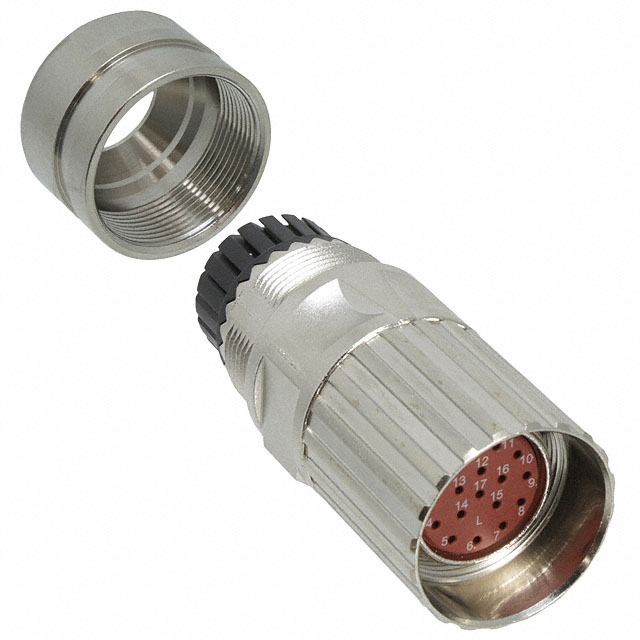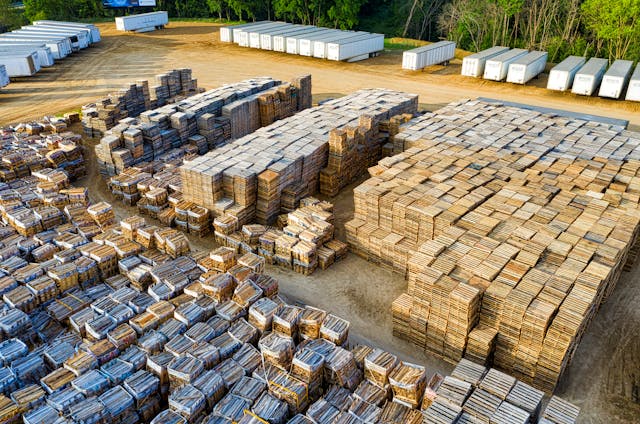Waterproof connectors play a crucial role in various industries, providing reliable solutions for keeping electrical connections safe and functional in challenging environments. Whether it’s underwater applications, outdoor installations, or industrial settings exposed to moisture, these connectors ensure the longevity and performance of electrical systems. In this blog post, we’ll delve into the key features, applications, and benefits of waterproof connectors.
Section 1: Understanding Waterproof Connectors
Waterproof connectors are specially designed to resist the ingress of water, dust, and other environmental elements. They typically feature a sealing mechanism, such as gaskets or o-rings, to create a tight barrier around the connection points. This design prevents water or moisture from compromising the electrical components, ensuring a secure and reliable connection.
Section 2: Key Features of Waterproof Connectors
a. Sealing Technology: Explore the various sealing mechanisms used in waterproof connectors, such as compression seals, molded grommets, and self-sealing designs.
b. Material Selection: Discuss the importance of using materials that resist corrosion and degradation in wet or harsh conditions. Common materials include stainless steel, plastic, and rubber compounds.
c. IP Ratings: Explain the Ingress Protection (IP) rating system, which indicates the level of protection against solids and liquids. Higher IP ratings signify greater protection, making it easier for users to choose connectors based on their specific environmental needs.
Section 3: Applications of Waterproof Connectors
a. Marine and Submersible Applications: Highlight the use of waterproof connectors in marine environments, underwater exploration, and submersible equipment, where reliable electrical connections are critical.
b. Outdoor Lighting and Power Distribution: Discuss how waterproof connectors are essential for outdoor lighting fixtures, power distribution in gardens, and other exposed environments.
c. Industrial Machinery: Explore the role of waterproof connectors in industrial settings, where equipment may be subjected to water splashes, dust, and other contaminants.
Section 4: Benefits of Using Waterproof Connectors
a. Reliability: Emphasize how waterproof connectors enhance the reliability and longevity of electrical systems, reducing the risk of malfunctions and downtime.
b. Safety: Highlight the safety aspect of using connectors that meet stringent waterproof standards, protecting both equipment and personnel from potential hazards.
c. Cost Savings: Discuss how the initial investment in high-quality waterproof connectors can lead to long-term cost savings by preventing damage and reducing the need for frequent replacements or repairs.



